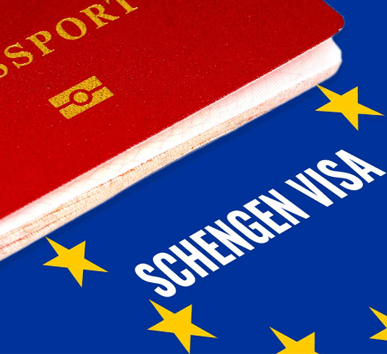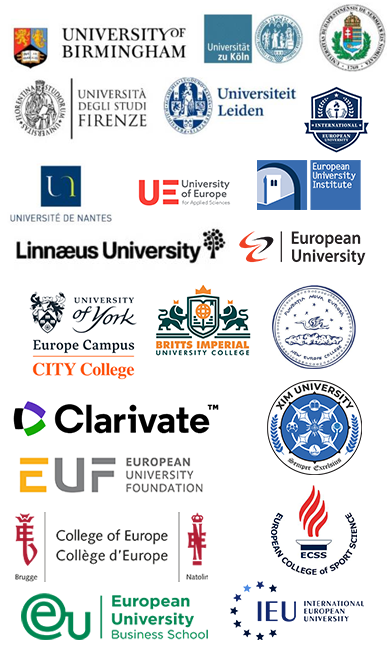General information for Schengen?
The Schengen visa allows the holder to stay in the Schengen area for up to 90 days (in any 180-day period) for the purposes of tourism, business, visiting family, medical treatment, studies, training placements or volunteer activities that last under 3 months, or for other non-gainful activities. It also allows transit through the territory and airports.
The Schengen area encompasses 26 European countries without border controls between them: Austria, Belgium, the Czech Republic, Denmark, Estonia, Finland, France, Germany, Greece, Hungary, Iceland, Italy, Latvia, Liechtenstein, Lithuania, Luxembourg, Malta, the Netherlands, Norway, Poland, Portugal, Slovakia, Slovenia, Spain, Sweden and Switzerland.
The Schengen visa allows the holder to travel to any of the Schengen States and to transit through their territory, but it does not automatically entitle them to enter the Schengen area. The border authorities can refuse entry if the visa holder does not provide proof of the purpose and specifics of the trip, or if any of the other entry requirements are not met.
Required documents
1. Schengen visa application formIt opens in new window. Each applicant must complete and sign an official application form, filling in each of its sections. If the applicant is a minor, one of their parents must sign the application.
2. Photograph. A recent, passport-size, colour photograph, taken against a light background, facing forward, without dark or reflective glasses, or any garments concealing the oval of the face. Photographs of minors must not show any part of the adult holding them.
3. Valid, unexpired passport. Original and a photocopy of the page or pages of the passport that contain biometric data. The passport must be valid for at least 3 months beyond the planned departure date from the Schengen territory. It must also contain at least two blank pages. Passports issued more than 10 years ago will not be accepted.
4. Travel medical insurance. The insurance must cover the costs of repatriation for medical reasons or death, as well as for urgent healthcare and/or emergency hospital treatment for the entire stay and throughout the Schengen area. Coverage must be of at least €30,000 or its equivalent in local currency. If the application is for a multiple entry visa, the medical insurance must be valid for the first planned entry. The applicant must undertake to purchase insurance for future trips.
5. Payment of the visa fee. The amount of the visa fee is 80 euros for people aged over 12 and 40 euros for children of 6 to 11. Children aged 5 and under are exempt from the fee. Different fees are applied for nationals of Armenia, Azerbaijan, Belarus, Cabo Verde and Russia, pursuant to the respective Visa Facilitation Agreements formalized with these countries. Consular fees (RUPEES)
6. Documents corroborating the purpose of travel and the specifics of the stay, that the visa applicant has sufficient financial means, as well as the intention of the visa applicant to leave the Schengen area before the visa expires.
7. Proof of residence in the consular district.
When necessary to assess the application, the Consular Office may request additional documents or data and may also ask the applicant to come in for a personal interview.



